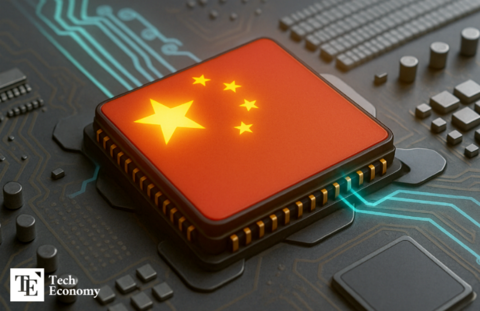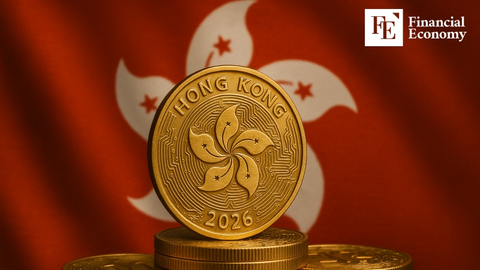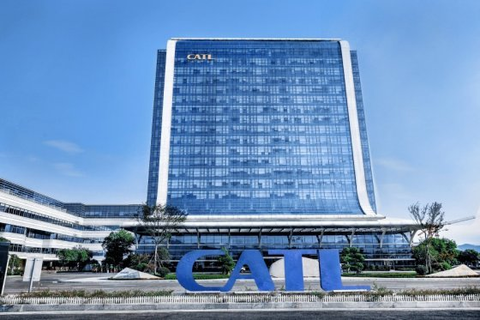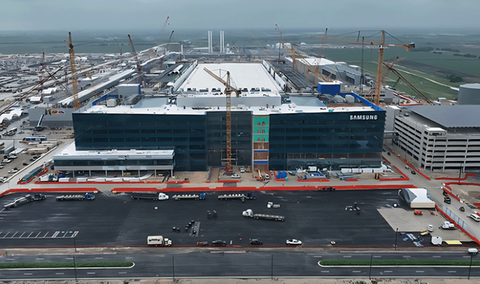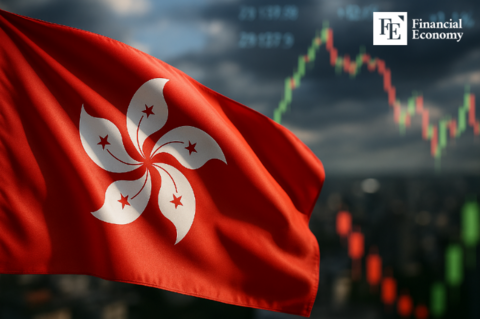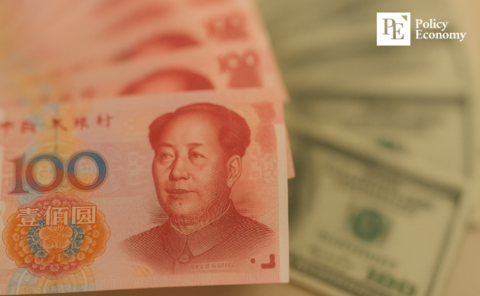Input
Changed
Hong Kong Stock Market Raises $13.5 Billion in First Half Overtaking Nasdaq and New York Stock Exchange for Top Position Emphasis on Foreign Capital Attraction and Regulatory Flexibility
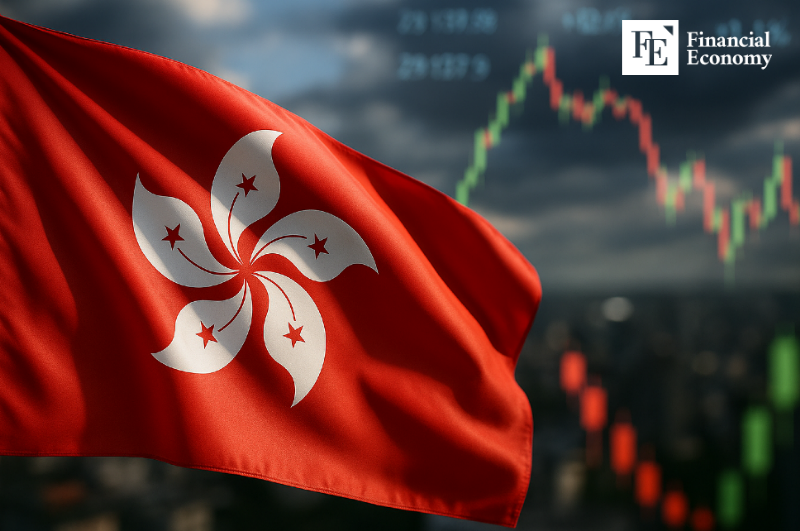
After years of decline, Hong Kong is regaining its stature as Asia’s premier financial hub. The Hong Kong Stock Exchange (HKEX) has amended its rules to protect companies’ sensitive information and streamline the listing process, prompting a surge in interest from corporations seeking to secure investment capital. The presence of vast mainland Chinese capital remains a key reason why this location is indispensable. Bolstered by a wave of large-scale listings from Chinese firms, Hong Kong—previously stalled by geopolitical tensions and uncertainty—is showing renewed vitality as an international financial center.
U.S.-Style Confidential Filing Rules Drive IPO Boom
According to the Financial Times (FT) on the 11th (local time), Biren Technology, a leading Chinese fabless semiconductor design company, recently filed a confidential listing application with HKEX. Founded in 2019 by Tang Wen, former president of Chinese AI giant SenseTime, Biren specializes in high-performance graphics processing units (GPUs) and AI accelerators, positioning itself as a strong domestic rival to Nvidia. AI GPUs and semiconductor design are fiercely competitive sectors with high geopolitical risk, particularly given U.S. export restrictions.
Publicly disclosing listing plans and financials too early can expose a company’s strategies, revenue forecasts, and client networks to competitors and foreign regulators. Reflecting this reality, Hong Kong in May introduced a confidential filing option for unprofitable technology and biotech firms, allowing them to submit financial and operational data to the exchange and regulators for review before announcing IPO plans.
Chinese AI startup MiniMax, developer of a domestic “ChatGPT” equivalent, reportedly submitted listing documents to HKEX in mid-July. Semiconductor firm Enflame Technology and AI company Zhifu are also preparing confidential listing applications. According to the FT, the number of IPO filings in Hong Kong in the first half of the year hit a record high of 43, with total funds raised reaching $13.59 billion—already surpassing last year’s full-year total of $11.23 billion and far exceeding Nasdaq’s $8.85 billion and the New York Stock Exchange’s $7.52 billion.
Mainland Giants Like CATL Secure Dollar Funding via Secondary Listings
Global consultancy Deloitte notes that Beijing’s encouragement of Hong Kong listings, streamlined IPO procedures, stable market valuations, improved liquidity, and stronger capital absorption capacity make the city’s IPO market increasingly attractive. The confidential filing mechanism is particularly appealing to companies in sensitive sectors like AI and semiconductors, which face high macroeconomic and geopolitical risks. It allows firms to navigate regulatory review without public disclosure, offering flexibility when IPO timelines are uncertain.
Previously, only companies already listed on major foreign exchanges could submit confidential draft prospectuses in Hong Kong. The HKEX has since changed its rules, intensifying competition with New York—where confidential submissions have been permitted for years—and solidifying its position as the preferred fundraising venue for Chinese companies.
Major mainland corporations have flocked to Hong Kong. Contemporary Amperex Technology Co., Ltd. (CATL), the world’s largest battery manufacturer, and Jiangsu Hansoh Pharmaceutical, China’s biggest drugmaker, each tapped the Hong Kong market this year to raise $4.6 billion and $1 billion, respectively. CATL, which priced its IPO at HK$263 per share, saw its stock surge post-listing, climbing to HK$449.4 intraday on July 28—over a 70% gain in roughly two months.
CATL, already listed on the Shenzhen Stock Exchange since 2018, sought Hong Kong’s international investor base to fund aggressive expansion. The listing not only secured capital for overseas factory construction but also helped integrate Chinese battery technology into European automakers’ supply chains.
Sangao Holdings, the sole offshore industrial holding and investment-finance platform under Shandong Hi-Speed Group, also posted remarkable growth after its Hong Kong listing, with total assets reaching $91.1 billion last year. Other companies awaiting listings include pharmaceutical and biotech firm Jiangsu Hengrui, food and seasoning producer Foshan Haitian, industrial components maker Zhejiang Sanhua, milk tea franchise Mixue Group, and apparel manufacturer-retailer Shein, which shifted its listing venue from New York and London to Hong Kong.
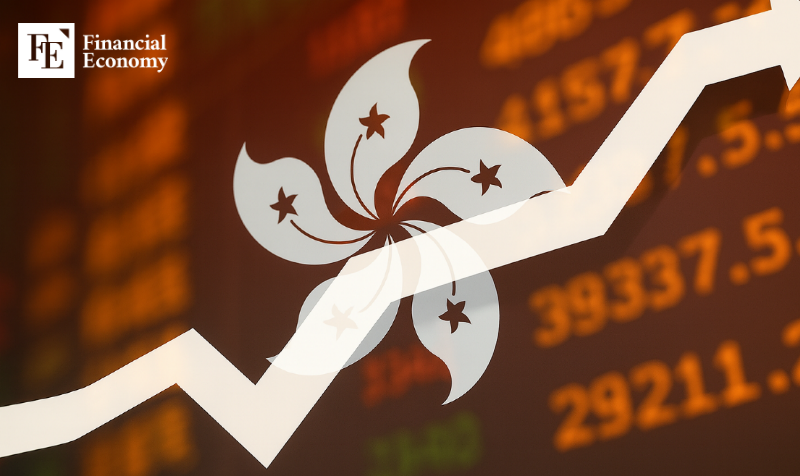
U.S.-China Tensions a Boon, Cementing Role as Overseas Listing Gateway
Until last year, pessimism over Hong Kong’s status as a global financial hub was widespread. Once ranked alongside New York and London, the city’s position began to falter in the 2020s. Large-scale protests in 2019 against an extradition bill, followed by Beijing’s sudden imposition of the National Security Law in 2020, fueled fears of eroded freedoms and autonomy. Some global financial institutions relocated to Singapore and London. From September 2022, Hong Kong fell to fourth place in the Global Financial Centre Index (GFCI)—jointly published by UK and Chinese research bodies—for two consecutive years, trailing Singapore.
However, intensifying U.S.-China rivalry reversed the trend. Seeking to mitigate geopolitical risk, more Chinese firms turned to Hong Kong despite economic slowdown and deflationary concerns. Critically, Hong Kong’s dollar-linked currency allows these companies to raise capital while bypassing mainland capital controls.
China’s role as the world’s largest market also ensures Hong Kong’s irreplaceable status as a global hub. Although offshore borrowing demand via Hong Kong has eased since China’s economic momentum weakened in the latter half of last year, the city is expected to remain a vital conduit for mainland capital inflows in the long term. Hong Kong also benefits from deeper integration with Southeast Asia and the Greater China region under Beijing’s “Greater Bay Area” development strategy.
Market watchers expect Hong Kong to further strengthen its role as the primary overseas listing gateway for Chinese firms. Johnson Chui, HKEX’s global head of issuer services, noted that many companies in the listing queue already have a strong global presence and are pursuing Hong Kong listings to enhance brand value and secure foreign funding. Global accounting firm EY forecasts that Hong Kong’s IPO fundraising will surpass HK$200 billion (over $25.6 billion) this year, signaling continued momentum for HKEX in the near term.

